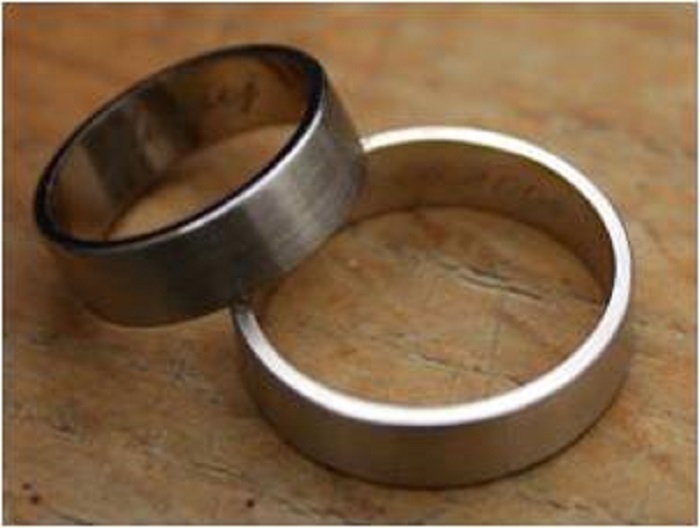The Women’s Legal Centre (WLC) is to take national government to court over its alleged failure to pass legislation that would recognise Muslim marriages within the country’s constitution. On December 1st The Western Cape High Court will hear arguments from the WLC and other parties with a vested interest in the issue, as well as opposing arguments from the state.
Unlike civil and traditional African customary marriages, Muslim marital unions are not afforded the same legal standing in South Africa. While efforts have been made to enact law that would recognise such marriages, the WLC says processes have “ground to a halt”.
“When civil or customary marriages break down, the law steps in to ensure fairness between the spouses and to protect the rights of the children. This is not the case in respect of Muslim marriages”,” explains Hoodah Abrahams-Fayker, an attorney and media spokesperson for the WLC.
Amongst the WLC’s motives for the case is that under current legislation, Muslim women and children are most affected by the lack of recognition of Muslim unions.
“Once customary marriages were given full legal recognition, the historical basis for not recognising polygynous marriages fell away. The courts have already found the lack of inclusion of Muslim marriages to be discriminatory in respect of inheritance and spousal dependant’s claims, but legislation is needed to recognise them for all purposes,” she says.
The WLC are hoping the courts will come to the aid of Muslim women who are often left penniless, homeless and without legal recourse when leaving their marriages. As per Islamic tradition, males generally have control when it comes to the issuing of talaq (declaration of divorce). While women are allowed to request a divorce, it remains the decision of the husband to agree or not.
“Even where the religious bodies intervene, they have no power to compel a husband to attend or to enforce an agreement reached.
“Of concern to the WLC are the many Muslim divorces that take place without the oversight of the court and the advice of the Family Advocate regarding what is in the best interests of the children,” Abrahams-Fayker notes.
In the case of civil and customary divorces there is judicial oversight, but this is not the case with Muslim divorces.
The President, Minister of Justice and Correctional Services, Minister of Home Affairs, the Speaker of the National Assembly and the Chairperson of the National Council of Provinces have filed papers opposing the relief sought by the WLC.
Court proceedings will get underway on the 1st December. VOC






 WhatsApp us
WhatsApp us 

